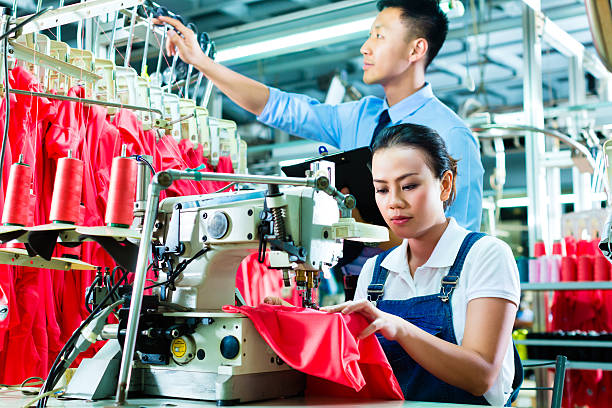China remains one of the largest manufacturing hubs in the world. Many companies rely on Chinese suppliers for raw materials, components, and finished products. However, the same opportunities that make China attractive also bring significant risks. For businesses operating in global supply chains, conducting proper supplier due diligence in China is not optional—it’s essential.
A supplier background check investigation helps companies verify who they are dealing with and reduce exposure to fraud, poor quality, and compliance violations. In a market where shell companies, counterfeit operations, and misleading financial statements are not uncommon, skipping due diligence in China can lead to major losses.
Understanding the Risks
Doing business in China can be complex. Cultural barriers, language differences, and limited public information make it difficult for foreign companies to confirm if a supplier is legitimate. Fraudsters often take advantage of this. Common risks include fake companies using stolen registration details, intermediaries posing as manufacturers, and suppliers that suddenly disappear after receiving payment.
There is also the risk of supply chain disruptions due to poor labor practices, environmental violations, or government sanctions. If your company partners with a non-compliant supplier, you can face reputational damage or legal consequences.
Due diligence helps you identify these risks early. It provides a clear picture of the supplier’s ownership, financial stability, reputation, and operations.
Red Flags to Watch For
Identifying warning signs early can protect your business. Some of the most common red flags include:
- Inconsistent or unverifiable company registration details
- Refusal to provide factory location or ownership documents
- Unexplained price changes or unusual payment requests
- Poor communication or lack of transparency
- Negative media coverage or legal disputes
- Missing or expired export licenses
When these signs appear, companies should pause and conduct a professional investigation before proceeding.
Why a Professional Investigation Matters
Local knowledge is key to uncovering the truth. Many Chinese business records are not easily accessible to the public, and online databases can be misleading or outdated. A trusted international private investigation firm with local investigators in China can verify the company’s registration, physical location, management, and real operations.
Best Practices for Supplier Due Diligence
Building a reliable supply chain requires consistent verification and monitoring. Companies should start by verifying a supplier’s legal registration and ownership through official local sources. Confirming the physical existence of a factory or office, as well as its production capacity, helps ensure that the supplier can meet your operational demands. Reviewing business licenses, tax records, and export permits is another critical step to confirm compliance with Chinese law.
It’s also essential to analyze the supplier’s reputation. Investigating past litigation, sanctions, or negative media can reveal hidden problems that may affect your business. Companies should request customer references and verify them independently to confirm the supplier’s credibility. Finally, periodic re-screenings help ensure that suppliers remain compliant as conditions and regulations evolve.
The following table summarizes the core elements of an effective supplier due diligence process:
| Due Diligence Area | Purpose | Verification Method |
| Legal Registration | Confirm the supplier is a registered and lawful entity | Check with Chinese local business registries |
| Ownership & Management | Identify real owners and decision-makers | On-site verification and corporate records |
| Financial Stability | Evaluate solvency and reliability | Review bankrupt filings, and court records indicating financial issues |
| Compliance & Ethics | Ensure adherence to regulations and ethical standards | Investigate sanctions, litigation, and labor practices |
| Ongoing Monitoring | Detect changes or new risks | Conduct periodic background check investigations |
These steps strengthen your compliance program and help your business avoid costly mistakes. For additional guidance, organizations can consult global standards from the OECD on Responsible Business Conduct, which provide best practices for managing supply chain risks.
Final Thoughts
Supplier due diligence in China is more than a formality—it’s a safeguard for your brand and your business. A professional investigation helps confirm that your partners are legitimate, financially stable, and compliant with local and international laws.
Whether you are sourcing new products or expanding your supply chain, take the time to verify your suppliers properly.
Visit our website for more information about company investigations in China.
C. Wright
© Copyright Wymoo International. All Rights Reserved. This content is the property of Wymoo International, LLC and is protected by the United States of America and international copyright laws. Wymoo® is a registered trademark.




